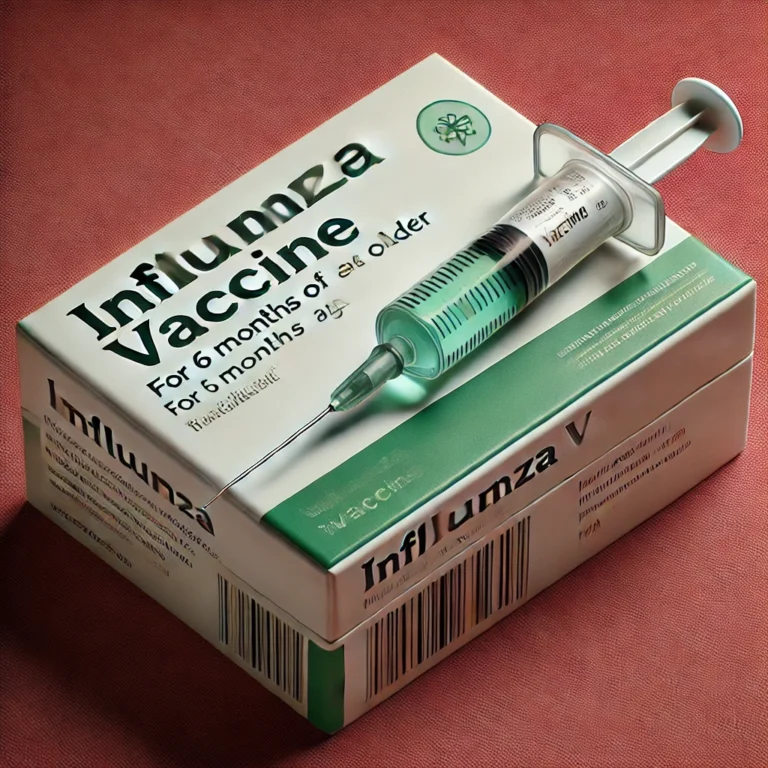The Supreme Court of the United States is currently deliberating on the future of the abortion pill, a medication used to terminate early pregnancies. The outcome of this decision will have significant implications for women’s access to safe and effective reproductive healthcare.
The case centers around a Food and Drug Administration (FDA) regulation requiring women to obtain the abortion pill, also known as mifepristone, in person from a medical provider. This regulation was temporarily suspended during the COVID-19 pandemic to reduce the need for in-person medical visits and mitigate the risk of exposure to the virus. However, the FDA has since reinstated the regulation, prompting a legal challenge by abortion rights advocates.
The advocates argue that requiring women to physically go to a medical facility to obtain the abortion pill is an unnecessary burden, particularly for those living in rural areas or who may face transportation or financial barriers. They also point out that numerous studies have demonstrated the safety and efficacy of telemedicine for providing medication abortions, which involve taking both mifepristone and misoprostol, a medication used to induce contractions and complete the abortion process.
Opponents of the abortion pill argue that it poses significant health risks to women and that in-person medical supervision is necessary to ensure its safe use. They also claim that telemedicine for medication abortions is insufficient, as it does not allow for proper monitoring of potential complications.
The Supreme Court’s decision in this case will likely have far-reaching consequences for women’s access to reproductive healthcare. If the FDA regulation is upheld, it could further restrict access to safe and effective abortion care, particularly for those living in areas with limited healthcare options. On the other hand, if the regulation is struck down, it could pave the way for greater use of telemedicine for medication abortions and expand access to reproductive healthcare for women across the country.
Regardless of the outcome, it is clear that the debate over the abortion pill and reproductive rights in general is far from over. As always, it will be important for advocates on both sides of the issue to continue to fight for their beliefs and to ensure that women have access to safe and effective reproductive healthcare.












